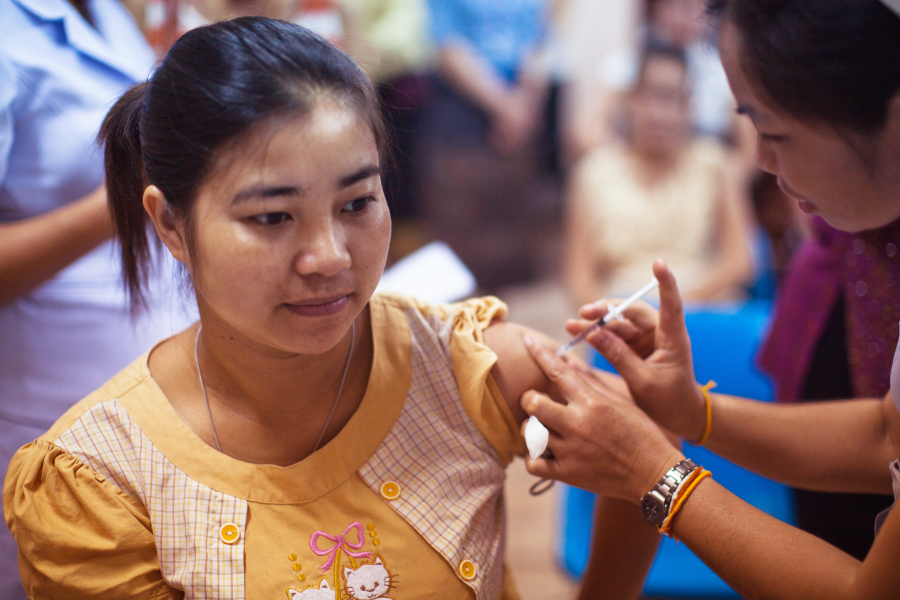
CLINICAL PRACTICE
Community Health Nurses' Contributions to Community-Based Chronic Disease Management
-
 EveryNurse Staff
EveryNurse Staff
- Last Updated: 11/09/2023

Chronic diseases pose a significant burden on individuals, families, and healthcare systems. Community health nurses play a vital role in managing chronic diseases in community settings, promoting health education, preventing complications, and coordinating care.
In this article, we will explore the contributions of community health nurses to community-based chronic disease management. We will discuss their key responsibilities, the importance of community health nursing in healthcare, the growing prevalence of chronic diseases, strategies for effective chronic disease management, the impact of community health nurses on chronic disease outcomes, and the challenges and barriers they face in community-based chronic disease management.
The Vital Role of Community Health Nurses
Key Responsibilities of Community Health Nurses
The Importance of Community Health Nursing in Healthcare
Community health nursing plays a critical role in improving population health and reducing the burden of chronic diseases. By providing healthcare services in community settings, community health nurses bridge the gap between healthcare facilities and the community, ensuring that individuals have access to care and support where they live, work, and play. Their proactive approach to chronic disease management focuses on prevention, early intervention, and empowering individuals to take charge of their health.
Chronic Disease Management in Community Settings
The Growing Prevalence of Chronic Diseases
The Need for Community-Based Chronic Disease Management
Strategies for Effective Chronic Disease Management
Health Education and Promotion
Disease Prevention and Screening
Prevention plays a vital role in chronic disease management. Community health nurses focus on primary prevention, encouraging individuals to adopt healthy habits, undergo screenings, and receive immunizations. They assess risk factors, provide counseling on lifestyle modifications, and coordinate preventive services. Through early detection and intervention, community health nurses can identify individuals at risk for chronic diseases and implement appropriate strategies to mitigate those risks.
Care Coordination and Case Management
The Impact of Community Health Nurses on Chronic Disease Outcomes
Improving Patient Self-Management
Reducing Hospitalizations and Emergency Room Visits
Community health nurses help prevent complications and reduce the need for acute care services by promoting preventive measures, facilitating early intervention, and providing ongoing support. By monitoring individuals’ health, facilitating regular check-ups, and ensuring adherence to treatment plans, community health nurses can detect and address issues before they escalate, thereby reducing the likelihood of hospitalizations and emergency room visits.
Enhancing Quality of Life for Patients with Chronic Conditions
Challenges and Barriers in Community-Based Chronic Disease Management
Limited Resources and Funding
Workforce Shortages and Training Needs
Addressing Health Disparities and Social Determinants of Health
Challenges and Barriers in Community-Based Chronic Disease Management
Community health nurses play a vital role in community-based chronic disease management. Through their commitment, knowledge, and expertise, they contribute to improving the health and well-being of individuals with chronic conditions.
By implementing strategies for effective chronic disease management, addressing health disparities, and advocating for preventive care, community health nurses make a significant impact on chronic disease outcomes. Despite the challenges they face, their dedication and holistic approach enable them to support individuals and communities in achieving better health and quality of life.

















